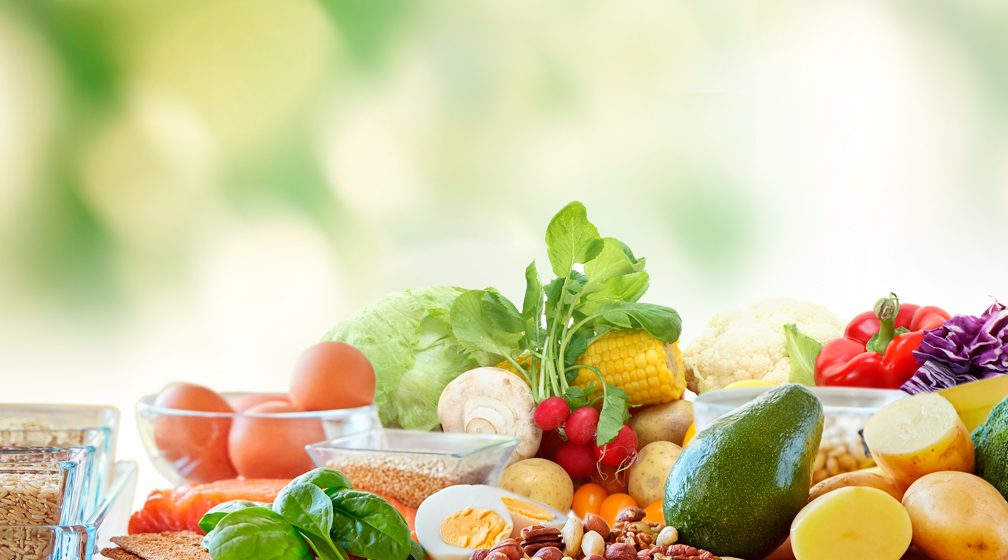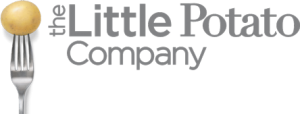Which foods are really healthy?

These days everyone has an opinion on food and nutrition, but which foods are really healthy? We’ve got the answer and it’s easier than you think.
What makes a food healthy? Is it that it’s high in fiber, low in fat, or packed with protein? Is it that it’s dressed up in pretty packaging with fancy marketing claims? Or perhaps because it’s touted by the latest celebrity trainer?
The answer is simpler than you think. All food is healthy, but our definition of what “food” is has drastically shifted in a world of boxes, packages, and promises. Our food today, is much different than what our ancestors would know or recognize. Highly processed, overly sweetened and salted, and chalked full of artificial preservatives, colors and flavors, this “food,” is contributing to a worldwide epidemic of obesity and related health problems.-1
So what is this “healthy food”, and how do we do to distinguish it from its imposters? The answer is simple. Eat whole foods.
What are whole foods?
Think nature versus industry. Whole foods take us back to our natural diet, one that would have been traditional to our ancestors before the rise of industrialization and processed foods. They are foods that are unrefined, minimally processed, and free from additives, preservatives, colors, and flavors. They are grown from, or on the land in some way, and containing a variety of vegetables, tubers (like potatoes), legumes, nuts, seeds and fruits, with some animal or fish for added protein.-2
Why are whole foods the healthiest foods?
Eating a whole food diet give us the building blocks (i.e. the protein, fat and carbohydrates), micronutrients (vitamins and minerals), and phytochemicals (i.e. plant compounds that offer us a health benefit) that our body needs to thrive. While many “diets” focus on the parts of the food, like the amount of calories, fat or carbohydrates, when you eat whole foods, you focus on (pardon the pun) the whole food, aiming for the most nutrients you can get.
As ancient wisdom has shown, eating a variety of healthy whole foods, gives us a balance of the fat, protein, carbohydrates (yes we need those!), fiber, vitamins and minerals we need to be our best. No number crunching required.-3
What can I eat if I am eating whole foods?
There is so much abundance and variety when it comes to whole foods. Fresh fruits and veggies, tubers such as potatoes, legumes, nuts and seeds all have a place on your plate, as do healthy fats like olive oil, avocado, coconut oil or grass-fed butter. If you eat meat and dairy choose the highest quality you can find to ensure the animal has been treated with the best care and fed a diet that is natural to their species (like grass-fed beef vs. grain fed).
How can I start to incorporate whole foods into my diet?
To start incorporating more whole foods in your diet you need to start by eliminating those foods that are not whole. Read the ingredients. If you don’t know what it is (or can’t pronounce it), that’s a big a red flag. You also want to avoid anything that lists refined grains or sugar, list the word “hydrogenated,” or contain preservatives, colors or flavors.
Nutrition fads come and go, but ancient wisdom always prevails. Whole foods are the healthiest foods. They have helped us grow and thrive long before the age of fast food take out, low carb meal plans, and expensive juice cleanses or supplements.
To get more tips on healthy whole foods, nutritious eating, or to find new and healthy whole food recipes, sign up for our monthly newsletter. And join the social media conversation! If you have questions, comments or quips, don’t hesitate to get in touch: info@littlepotatoes.com
References
[1] “Adult Obesity | Obesity Prevention Source | Harvard T.H. …” 2012. 17 Mar. 2016 – http://www.hsph.harvard.edu/obesity-prevention-source/obesity-trends/obesity-rates-worldwide/
[2] “Staying Healthy with Nutrition, rev: The Complete Guide to …” 2009. 17 Mar. 2016 – http://www.amazon.com/Staying-Healthy-Nutrition-rev-Nutritional/dp/1587611791
[3] “Staying Healthy with Nutrition, rev: The Complete Guide to …” 2009. 17 Mar. 2016 – http://www.amazon.com/Staying-Healthy-Nutrition-rev-Nutritional/dp/1587611791

Lynsey Walker, Registered Holistic Nutritionist
Lynsey Walker is the Founder of Pineapple Collective— an education and content strategy company helping natural health and wellness brands tell their story. Her personal work has been featured in Chatelaine, The Huffington Post, Fitness Magazine, The Kitchn, Delish, MSN.com, Tuja Wellness and Buzzfeed.
When it comes to Little potatoes:
…Did you like what you read?
